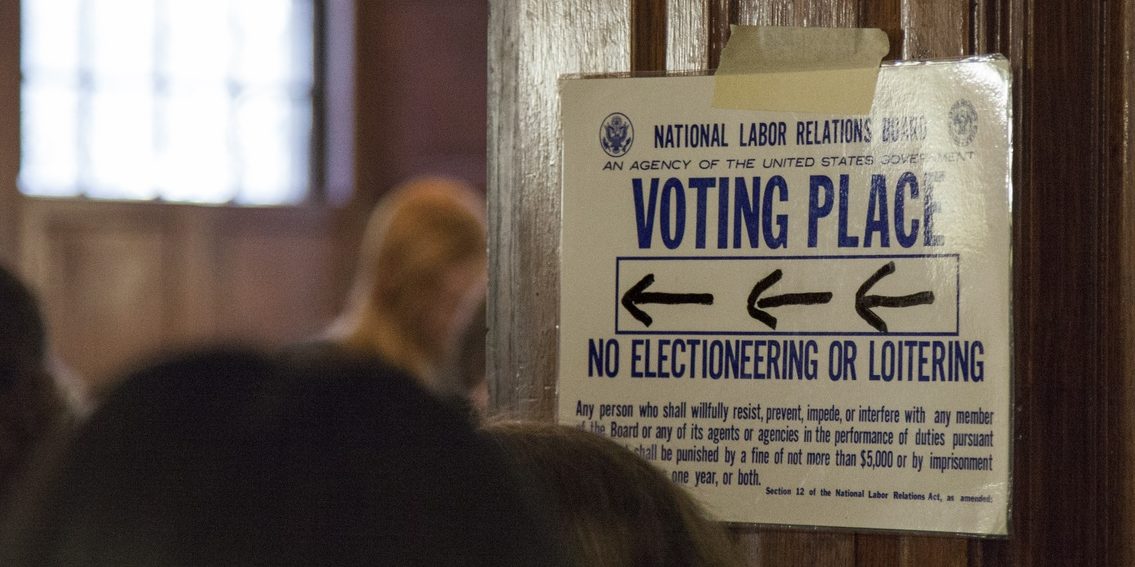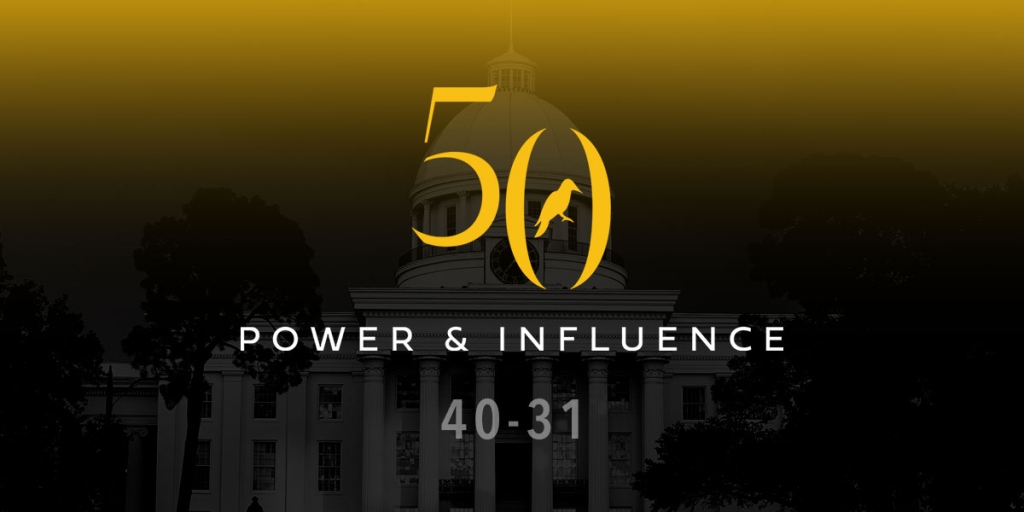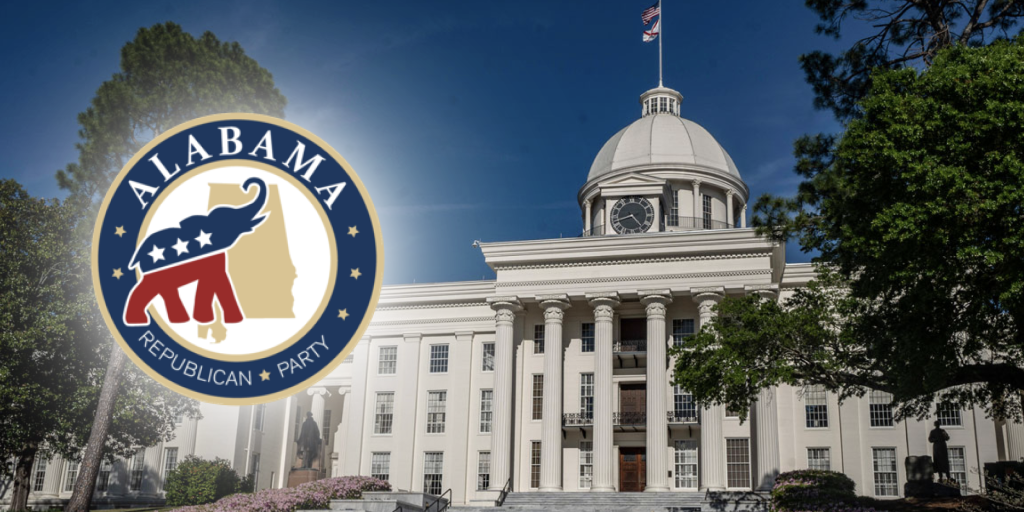On Tuesday, the Alabama House of Representatives passed legislation to prohibit businesses from receiving economic development incentives if union elections are not held through a secret ballot.
The bill is sponsored by State Sen. Arthur Orr (R-Decatur) and carried in the House by House Majority Leader Brett Stadthagen (R-Hartselle).
“SB231 gives the employees the opportunity to vote on a private ballot,” explained Stadthagen. “It does not affect industries right now that are currently voting like they are. It deals only with the future after the bill is signed.”
“It is my understanding that part of the bill allowed for secret ballots for a company bringing in a union,” said Rep. Artis “A.J.” McCampbell (D-Livingston).
“This pertains to any business that receives incentives,” said Stadthagen. “It doesn’t specify who receive it. If you do receive it, you have to let your employees vote on a private ballot.” “These companies can actually be unionized. We are not kicking the unions out. We are giving that employee the opportunity if it’s a union to vote on a private ballot. Its as simple as it gets.”
“I personally like the private ballots, because it allows a person to advocate for their beliefs,” said McCampbell. “I was trying to make sure that we are not penalizes companies that will allow a union to try and organize.”
RELATED: State Sen. Arthur Orr says his bill intends to ‘prevent coercion’ in Alabama unionization votes
“The only time that there will be a penalty is if they are receiving funds – incentives – and they do not give their employees the right to vote on a private ballot,” explained Stadthagen. “We do have unions in our state right now.”
“As of right now it’s called card check – card check vote,” said Stadthagen. “As of right now that’s what’s happening. They come to your house – the employers or the union – and they can ask you to vote right in front of them. With a private vote, you can still vote for what you want to do. Its just private. You can still vote for whatever you want to do.”
The bill was amended on the floor of the House so that it would take effect immediately upon the bill being signed by the governor, rather than it going into effect in October as the bill originally had stated.
The House voted to pass SB231 70 to 30. After his chamber passed legislation, Speaker of the House Nathaniel Ledbetter (R-Rainsville) issued a statement supportive of the legislation.
RELATED: Kay Ivey, five governors unite against UAW’s expansion into the South
“Where I come from, you never ask someone how they voted in an election,” said Speaker Ledbetter. “If a vote to unionize is going to happen, votes should be private, and employees shouldn’t have to weigh potential repercussions when making their decisions. I’m proud that the House voted to protect Alabamians from pressure and intimidation tactics like card-check, and I look forward to Governor Ivey signing this legislation into law.”
The bill now goes back to the Senate to consider the changes that the House made.
State officials including Governor Kay Ivey are concerned that ongoing efforts by the United Auto Workers to unionize automotive manufacturing facilities in the state could negatively impact the ability for the state to continue to recruit employers to the state of Alabama.
To connect with the author of this story, or to comment, email [email protected]













